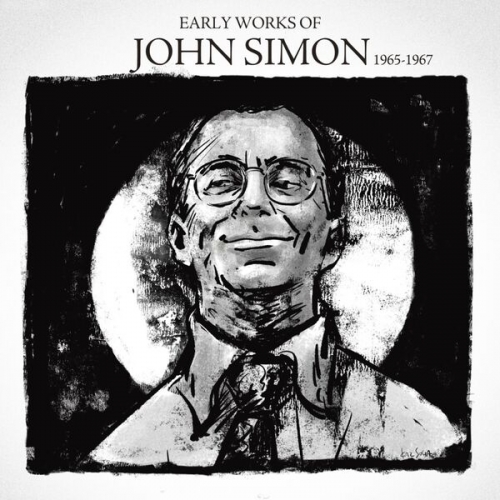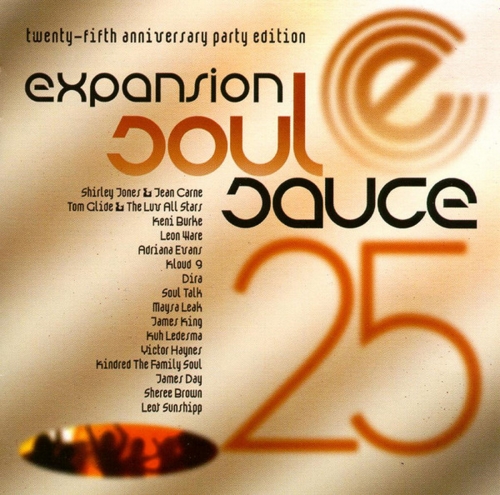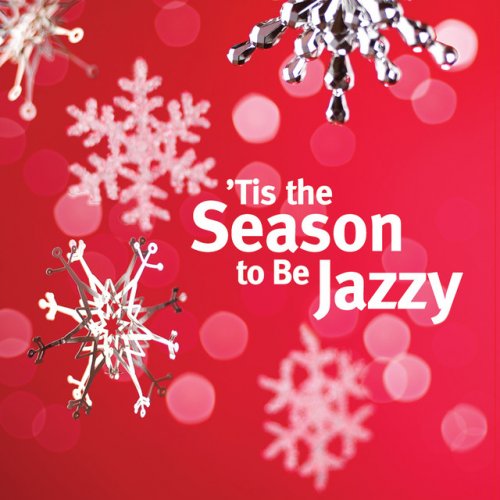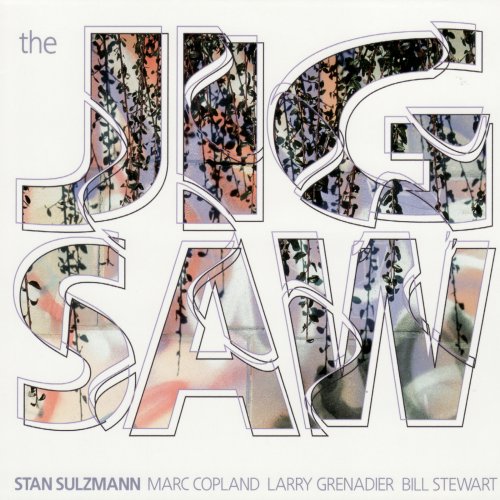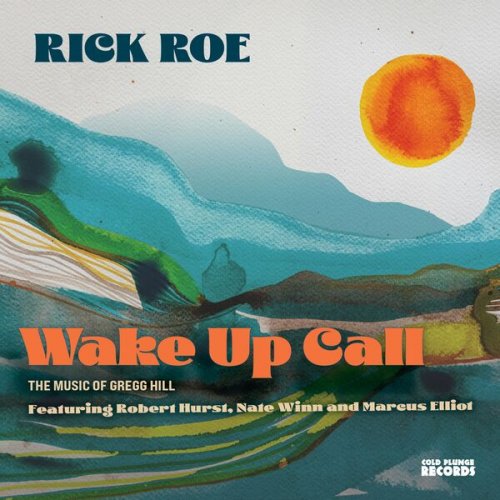Choeur de Chambre de Namur, Les Agremens, Guy van Waas - Rameau - Le temple de la gloire (2015) CD-Rip
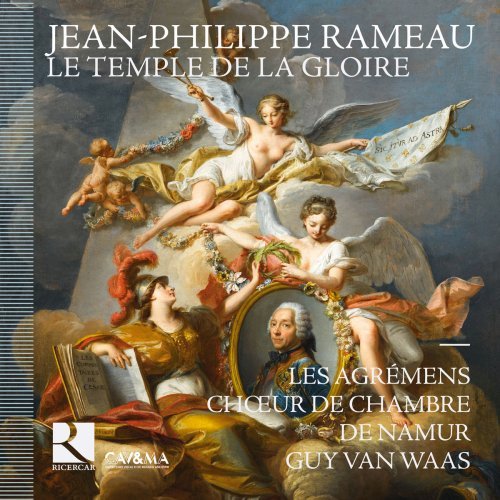
Artist: Choeur de Chambre de Namur, Les Agremens, Guy van Waas
Title: Rameau - Le temple de la gloire
Year Of Release: 2014
Label: Ricercar
Genre: Classical
Quality: FLAC (image+.cue,log,scans)
Total Time: 57:08 + 67:27
Total Size: 692 Mb
WebSite: Album Preview
Tracklist: Title: Rameau - Le temple de la gloire
Year Of Release: 2014
Label: Ricercar
Genre: Classical
Quality: FLAC (image+.cue,log,scans)
Total Time: 57:08 + 67:27
Total Size: 692 Mb
WebSite: Album Preview
CD 1:
1. Ouverture 3’38
Prologue : L’Envie
2. Profonds abîmes du Ténare (L’Envie) 2’58
3. Notre gloire est de détruire (L’Envie et le Chœur des Démons) 1’13
4. Hâtez-vous, vengez mon outrage (L’Envie) 0’40
5. Air pour les Démons et les Héros 1’58
6. Arrêtez, monstres furieux (Apollon, l’Envie) 2’36
7. Ce monstre toujours terrible (Chœur des Muses et des Demi-dieux) 0’55
8. Vous, entre sa caverne horrible (Apollon) 2’25
9. Air pour les Héros 1’38
10. Nous calmons les alarmes (Chœur des Muses et des Demi-dieux) 2’00
11. Reprise de l’ouverture 1’16
Première entrée : Bélus
12. Muses, fi lles du ciel, la paix règne en vos fêtes (Lydie) 4’25
13. Les Muses quelquefois calment un cœur sensible (Arsine, Lydie) 1’50
14. Déesses de ces lieux, appui de l’innocence (Lydie) 0’58
15. Musette en rondeau pour l’entrée des Bergers et Bergères 1’32
16. Venez, tendres bergers, vous qui plaignez mes larmes (Lydie) 0’45
17. Oserons-nous chanter sur nos faibles musettes (Chœur) 1’12
18. Nous fuyons devant ces héros (Une Bergère, Lydie et le Chœur) 0’59
19. Premier air pour les Bergers et Bergères 1’40
20. Deuxième air pour les Bergers et Bergères 1’56
21. Premier et deuxième menuet en musette pour les Bergers et Bergères 1’41
22. Première et deuxième gavotte en musette pour les Bergers et Bergères 1’44
23. La guerre sanglante (Chœur des Guerriers) 2’44
24. Où suis-je ? Qu’ai-je vu ? Non, je ne puis le croire (Bélus) 1’20
25. On n’imite point les Dieux (Chœur des Bergers et Bergères, une Bergère) 2’59
26. Un roi, s’il veut être heureux (Une Bergère) 2’18
27. Plus j’écoute leurs chants, plus je deviens sensible (Bélus, Lydie) 3’44
28. Allez, donnez tous deux au monde (Chœur des Bergers et Bergères ) 1’39
29. Entracte
CD 2:
Deuxième entrée: Bacchus
1. Entrée des Suivants de Bacchus 0’50
2. Accourez, Bacchus vous l’ordonne 1’22
(Une Bacchante et le Chœur des Suivants de Bacchus )
3. Loure pour l’entrée des Faunes 1’49
4. La brillante Érigone avec Bacchus s’avance 1’11
(Une Bacchante et le Chœur des Suivants de Bacchus)
5. Air pour les Suivants de Bacchus 1’40
6. Érigone, objet plein de charmes (Bacchus) 3’41
7. Que le thyrse règne toujours (Bacchus et le Chœur des Suivants de Bacchus) 2’43
8. Un désordre inconnu de mon âme s’empare (Érigone, Bacchus) 3’50
9. Téméraire, arrête (Le Grand Prêtre de la Gloire) 5’43
10. Forlane pour les Suivants de Bacchus 1’39
11. Air pour les Suivants de Bacchus 1’25
12. Entracte. Reprise de la Forlane pour les Suivants de Bacchus 1’47
Troisième entrée : Trajan
13. Reviens, divin Trajan, vainqueur doux et terrible (Plautine) 3’16
14. Dans ce climat barbare, au sein de l’Arménie ( Junie, Plautine) 2’20
15. Enfi n, je vous revois, le charme de ma vie (Plautine, Trajan) 6’04
16. Fier Dieu des alarmes (Chœur des Prêtres de Mars et des Prêtresses de Vénus) 1’50
17. Air pour les Prêtres de Mars et les Prêtresses de Vénus 0’52
18. Dieux puissants, protégez votre vivante image (Plautine) 1’03
19. Première et deuxième gavottes pour les Prêtres de Mars et les Prêtresses de Vénus 1’55
20. Charmant héros, qui pourra croire (Chœur des Romains et Romaines) 1’06
21. Rois, qui redoutez ma vengeance (Trajan) 0’50
22. Ô grandeur ! ô clémence ! (Chœur des Romains et Romaines avec les cinq Rois) 1’33
23. Descente de la Gloire 0’12
24. Tu vois ta récompense (La Gloire) 3’10
25. Chantons dans ce jour solennel (Chœur des Romains et Romaines) 1’43
26. Chaconne pour les Romains et Romaines 6’24
27. Air pour les Romains et Romaines 1’31
28. Ces oiseaux, par leur doux ramage (Trajan) 5’56
Performers:
Judith Van Wanroij (soprano): Lydie, Plautine
Katia Velletaz (soprano): une Bergère, une Bacchante, Junie
Chantal Santon-Jeff ery (soprano): Arsine, Érigone, la Gloire
Mathias Vidal (tenor): Apollon, Bacchus, Trajan
Alain Buet (bass): l’Envie, Bélus, le Grand Prêtre de la Gloire
Chorus - Chœur de Chambre de Namur
Orchestra - Les Agrémens
Conductor - Guy van Waas
Unlike Rameau's other operatic output, 'Le Temple de la Gloire' has been incomprehensibly neglected on disc and on the stage until very recently. There have been a few recordings of the dances from the opera, arranged into suites, but this is the first recording of the complete work. The libretto by Voltaire involves mainly allegorical, symbolic and mythical characters, but its intention is serious – namely to demonstrate his philosophy advocating tolerance, freedom, the welfare and contentment of the people. Of course these are concepts which few of us would argue with today, but it was a different matter under the absolutism of the 18th century.
Rameau responded wholeheartedly to Voltaire's libretto and composed a work of colour, beauty and excitement. The singing roles include three sopranos, a tenor and a bass, each of them assuming several roles at different points. They're accompanied by a chorus and a colourful orchestra including strings, horns, piccolo flutes, bassoons, trumpets and timpani. The story is organised into a Prologue and three 'Entrées', and progresses from the dismissal of less desirable figures such as Envy and some demons, progressing to the triumph of the heroic and altruistic Roman emperor Trajan.
The music, both vocal and orchestral, is a delight. The singing is outstanding, especially from tenor Mathias Vidal who is kept busier than anyone else in his central roles of Apollo, Bacchus and Trajan. The Ouverture makes a terrific impact, Rameau's stunning orchestration quickly establishing itself as the star of the show. That continues to be the case throughout the two discs, with instrumental scoring providing colourful support in the arias; the numerous dance interludes go with a real swing, strongly characterised and graced with irresistible rhythms and melodies. The almost-final Chaconne (CD2, track 26) is again a richly orchestrated example of the genre.
The whole performance is directed with great panache and style by Guy van Waas, and his period-instrument ensemble Les Agrémens play superbly. The Choeur de Chambre de Namur bring similar spirit to the choral interventions. Recorded sound, in the Opéra royal de Wallonie, Liège, is first-class. As readers will have seen from the product image above, the two-disc set comes in hardback book format. This is lavishly illustrated and comes with extended essay and notes on the work, a useful synopsis, and of course the complete libretto in French together with English translation. Anyone who likes baroque opera, and Rameau in particular, should be delighted with this recording.
Rameau responded wholeheartedly to Voltaire's libretto and composed a work of colour, beauty and excitement. The singing roles include three sopranos, a tenor and a bass, each of them assuming several roles at different points. They're accompanied by a chorus and a colourful orchestra including strings, horns, piccolo flutes, bassoons, trumpets and timpani. The story is organised into a Prologue and three 'Entrées', and progresses from the dismissal of less desirable figures such as Envy and some demons, progressing to the triumph of the heroic and altruistic Roman emperor Trajan.
The music, both vocal and orchestral, is a delight. The singing is outstanding, especially from tenor Mathias Vidal who is kept busier than anyone else in his central roles of Apollo, Bacchus and Trajan. The Ouverture makes a terrific impact, Rameau's stunning orchestration quickly establishing itself as the star of the show. That continues to be the case throughout the two discs, with instrumental scoring providing colourful support in the arias; the numerous dance interludes go with a real swing, strongly characterised and graced with irresistible rhythms and melodies. The almost-final Chaconne (CD2, track 26) is again a richly orchestrated example of the genre.
The whole performance is directed with great panache and style by Guy van Waas, and his period-instrument ensemble Les Agrémens play superbly. The Choeur de Chambre de Namur bring similar spirit to the choral interventions. Recorded sound, in the Opéra royal de Wallonie, Liège, is first-class. As readers will have seen from the product image above, the two-disc set comes in hardback book format. This is lavishly illustrated and comes with extended essay and notes on the work, a useful synopsis, and of course the complete libretto in French together with English translation. Anyone who likes baroque opera, and Rameau in particular, should be delighted with this recording.
![Scotty Barnhart, The Count Basie Orchestra - A Very Swingin’ Basie Christmas! (2015) [Hi-Res] Scotty Barnhart, The Count Basie Orchestra - A Very Swingin’ Basie Christmas! (2015) [Hi-Res]](https://www.dibpic.com/uploads/posts/2025-12/1766641457_cbsc500.jpg)
